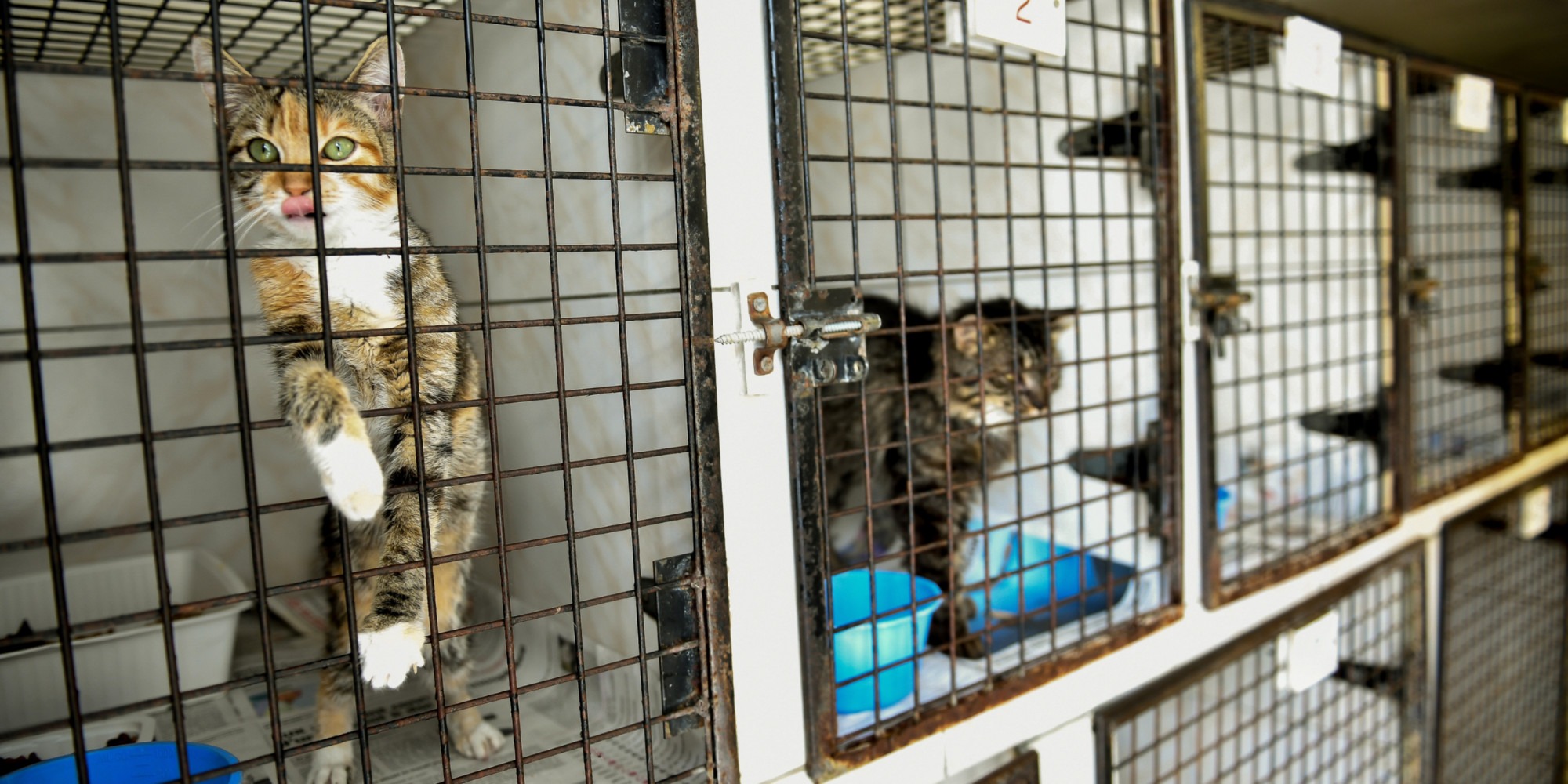Since the spring containment due to the coronavirus, pet adoptions have increased sharply.
But these often impulsive purchases also lead to an increase in dropouts.
A problem that the government has decided to seize with a protection plan.
Each year, more than 100,000 dogs and cats are abandoned in France.
On Monday, the Minister of Agriculture, Julien Denormandie, detailed the government's plan for the protection of pets.
He wants to toughen the penalties, up to three years in prison and a fine of 45,000 euros for anyone abandoning their animal, but also to educate the general public about the danger of impulse purchases of animals.
For the Society for the Protection of Animals (SPA), sanctioning is good, but it is indeed above all necessary to prevent abandonments before they are committed.
What's interesting about the government's plan "is the precaution that people are encouraged to understand what an animal is, what its physiological needs are before buying it or before adopting it. And then, it is the intervention of animal protection with schools, with young people, in order to raise their awareness. This is what we do ", estimates Jean-Charles Fombonne, the president of the SPA at the microphone of Europe 1 .
An explosion of adoptions during confinement
If dropouts are increasing, it is first of all because adoptions on impulse are exploding.
"People needed, because of the confinement, to find a little nature side, to find an excuse to go out and an occupation during the very long days at home", testifies Stéphanie, breeder of Australian shepherds.
With the Covid-19 pandemic, adoptions of pets, and especially dogs, have skyrocketed.
This is also reported by Marie, who also raises Australian shepherds.
"There are a lot of requirements, sometimes I am even asked to deliver. People often tell me that the confinement allowed them to think about taking a dog because they now have a house with a garden," he explains. she.
But the problem is, these newly converted shoppers "want a turnkey baby that's quick and easy, clean and can go everywhere."
At the risk, therefore, of falling from high on discovering what owning a pet involves.
"It's pretty the little teddy bear at two months but when he grows up ... This dog has needs!"
>> Find Europe Matin in replay and podcast here
"It's unhealthy trying to get money from a dog you've decided to give up"
These people are then likely to change their mind and get rid of their animals, often on the internet.
In the government's sights: the peer-to-peer sales site Le Bon coin, where owners sell those they no longer want.
Photo, price, description, it is on this site that Emilie, 24 years old, flashed on Fripouille, a puppy of a month and a half.
Weaned and vaccinated ... but only on the ad.
"It was a dog that had never seen a vet and had never been identified or anything. That's what shocked us because the lady told us we were paying 150 euros precisely because it had all been done, ”she says.
The young woman retains a bitter feeling from this experience.
"It's really unhealthy trying to get money out of a dog that you basically decided to give up."
"It's window dressing"
A situation that should no longer happen according to the government's plan.
Le Bon Coin undertakes, in a charter, to specify the identification number of the animal, its age, its breed and its vaccinations, on each advertisement.
But according to Jean-Charles Fombonne, this charter is not a step forward: "It is window dressing. We do not see how Le Bon Coin or another site could control what the minister asks."
In addition, "the fact that animals less than eight weeks old or those that are not identified can not be sold already exists in the law," he says.
The association therefore calls for an outright ban on the sale of animals on classified ad sites and social networks.

